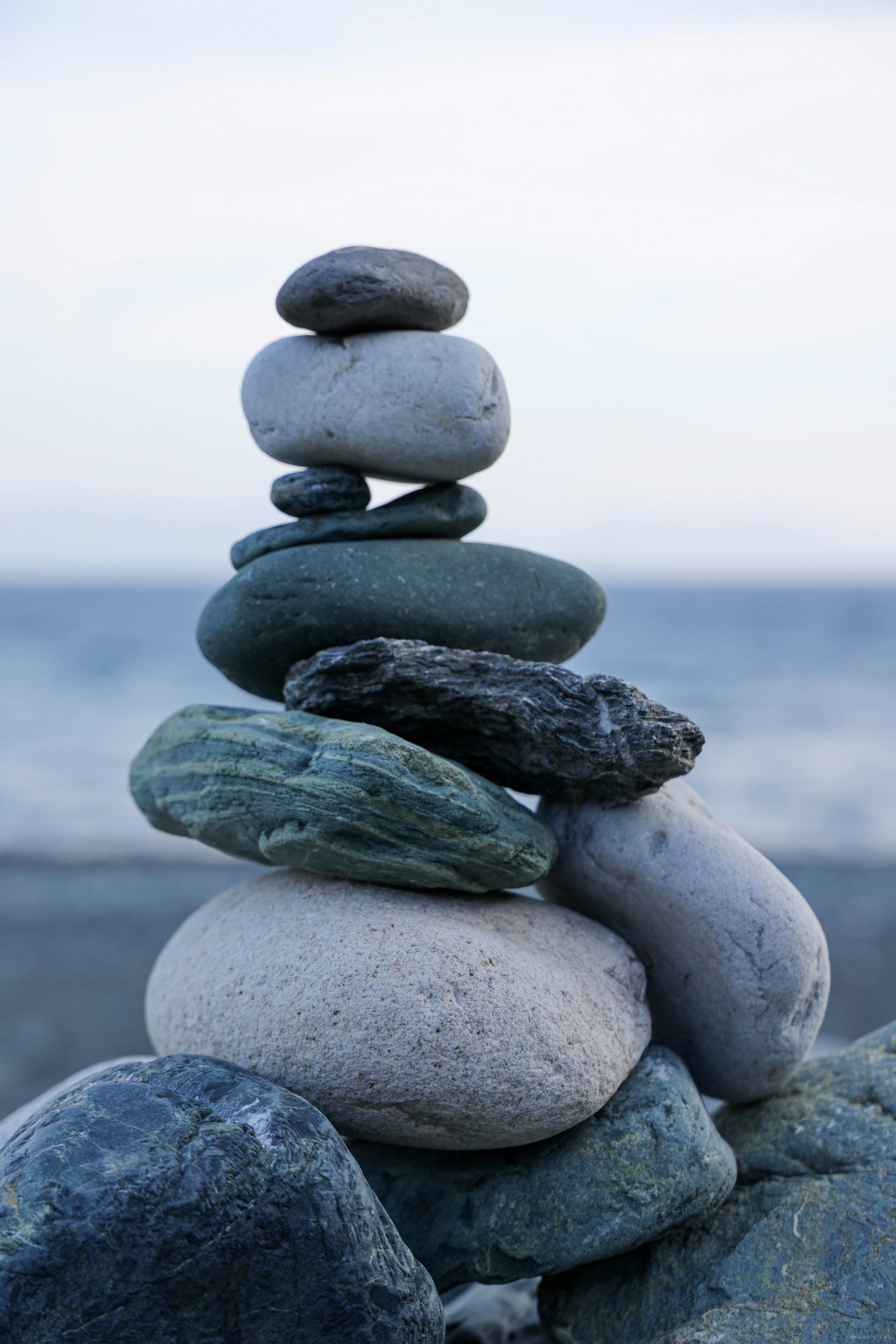Have you ever wondered what causes those tiny crystals to grow into painful kidney stones? These little nuisances can cause significant discomfort and often require medical intervention. Understanding their origin is essential in both treating and ideally preventing them. Oxalates, naturally occurring compounds in our diet, are one of the main culprits. Let’s unpack how oxalates contribute to kidney stone formation and what you can do about it.
What Are Oxalates?
Oxalates are organic compounds found in a variety of foods and produced as a waste product by our bodies. When you consume foods rich in oxalates, they bind with calcium to form calcium oxalate, the most common type of kidney stone. This binding normally happens in the digestive tract, reducing oxalate absorption into the bloodstream. However, when this process is disrupted, it can lead to an increased risk of stone formation.
Sources of Oxalates
Oxalates are widespread in plant-based foods, which may complicate dietary choices for those susceptible to kidney stones. High-oxalate foods include spinach, rhubarb, beets, nuts, and chocolate. These foods, while nutritious, can elevate oxalate levels in the body, particularly if consumed in large quantities.
| Food Category | Examples | Oxalate Content |
|---|---|---|
| Leafy Greens | Spinach, Beet Greens | High |
| Nuts and Seeds | Almonds, Peanuts | High |
| Fruits | Rhubarb, Kiwi | High |
| Vegetables | Beets, Sweet Potatoes | Moderate to High |
| Other | Chocolate, Tea | Moderate |
Being aware of the sources of oxalates can help in managing dietary intake to lower the risk of stone formation.
How Oxalates Form Kidney Stones
The journey of oxalates through your body can sometimes lead to kidney stone formation. Understanding the mechanisms involved can empower you to make lifestyle changes that mitigate stone development.
The Role of Calcium
Normally, dietary calcium binds with oxalates in the gastrointestinal tract, making the compound insoluble and allowing the body to excrete it through stool. However, when there is an imbalance, such as low dietary calcium, more oxalate may enter the bloodstream. Once in the kidneys, calcium and oxalate may encounter each other and form crystals or stones.
Other Contributing Factors
Several factors can disrupt the delicate balance needed to prevent stone formation:
- Dehydration: Low fluid intake concentrates urine, making it easier for oxalate and calcium to combine.
- High Oxalate Diet: Consuming large amounts of high-oxalate foods increases the risk of forming these stones.
- Gastrointestinal Disorders: Issues such as Crohn’s disease or surgeries like gastric bypass can increase oxalate absorption in the intestines.
- Genetics: Some people have a genetic predisposition that affects oxalate metabolism, increasing stone risk.
Potential Symptoms of Oxalate Stones
While small oxalate stones can pass unnoticed, larger stones may cause symptoms that require medical attention.
Identifying Symptoms
Recognizing potential symptoms early can help in seeking timely medical advice:
- Severe Pain: Sharp pain in the back or lower abdomen is often the first sign of a kidney stone.
- Urination Issues: Increased urgency, frequency, or painful urination can accompany stone formation.
- Hematuria: Blood in the urine, often visible, may indicate the presence of stones.
- Nausea and Vomiting: These may occur as the body’s response to the pain.
If you experience these symptoms, consulting a healthcare provider can help determine the presence of kidney stones and explore treatment options.
Diagnosing Kidney Stones
Diagnosis usually involves a combination of medical history, physical examination, and diagnostic tests. Understanding these processes can ease anxiety and prepare you for a potential diagnosis.
Medical Evaluation
A healthcare provider will evaluate symptoms and consider factors like diet, hydration, and any family history of kidney stones. Laboratory tests can assess blood and urine to identify elevated oxalate levels, while imaging tests like X-rays or ultrasounds can visualize stones.
Specialized Tests
In some cases, more specialized tests like a CT scan may be necessary to provide detailed imagery, helping to pinpoint stone size and location. These diagnostic tools inform appropriate treatment strategies and interventions.
Preventative Strategies
Avoiding kidney stones might seem daunting, especially when you love foods high in oxalates. However, understanding dietary management and lifestyle changes can significantly lower your risk.
Balanced Diet
A diet low in oxalates can be challenging, but it’s not about elimination. Rather, it focuses on balance. You can offset oxalate intake by consuming adequate calcium, which can help prevent stones. Foods such as dairy products or calcium-fortified options can be incorporated into meals.
Hydration’s Role
Drinking plenty of fluids is one of the simplest ways to prevent kidney stones. Staying hydrated dilutes the substances in urine that lead to stones, and good hydration practices include consuming water consistently throughout the day rather than in large, infrequent amounts.
Medical Treatments
When preventive strategies are not enough, medical treatments can address oxalate stones. Familiarizing yourself with these options can help you feel more prepared if treatment becomes necessary.
Medication
Medicines can help control stone formation, particularly for those with a history of stones. Potassium citrate, for example, can make urine less acidic, which is effective in preventing oxalate stones. Additionally, thiazide diuretics can reduce calcium excretion in urine.
Surgical Options
For stones too large to pass naturally, surgical interventions like lithotripsy, which uses shock waves to break up stones, may be considered. Knowing the options ensures that you can have informed discussions with your healthcare provider.

Conclusion
Kidney stones, fueled by oxalate build-ups, can be a disrupting and painful health issue. However, awareness and proactive strategies make a significant difference. By managing your diet, staying hydrated, and understanding treatment options, you can reduce the risk of stones and handle them more effectively if they occur. Embrace this knowledge to remain vigilant and informed on your health journey.




